Focus
Your Present Location: HOME> Focus-
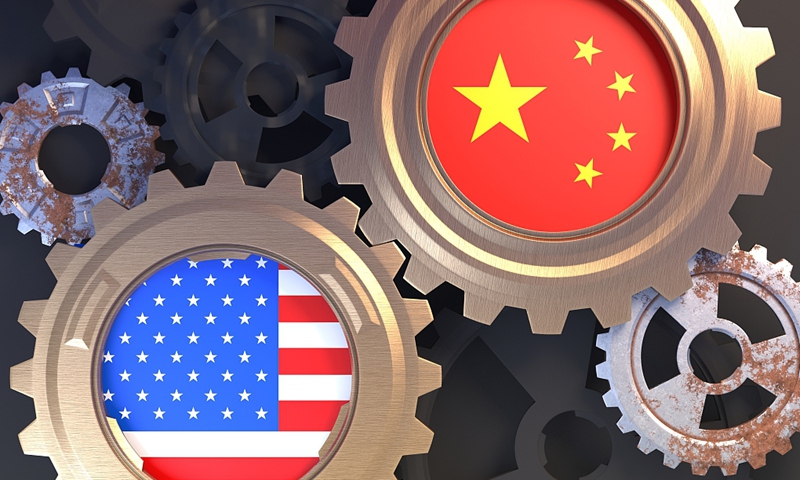
Zhao Minghao: China containment strategy will make US domestic issues worse
2022-06-15 -
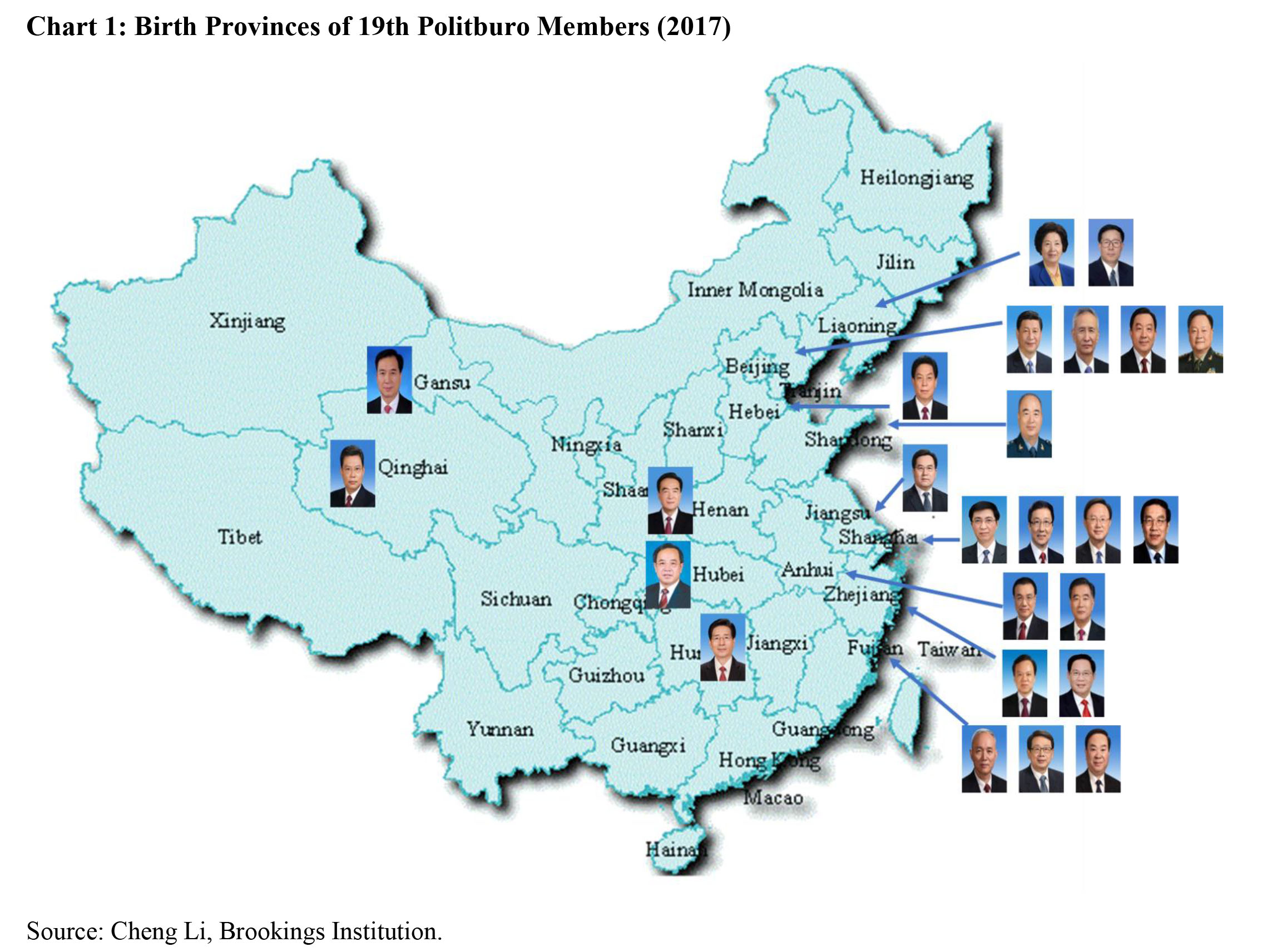
Cheng Li: Birthplace Distribution of Central Committee Members in the Xi Era
2022-06-15 -
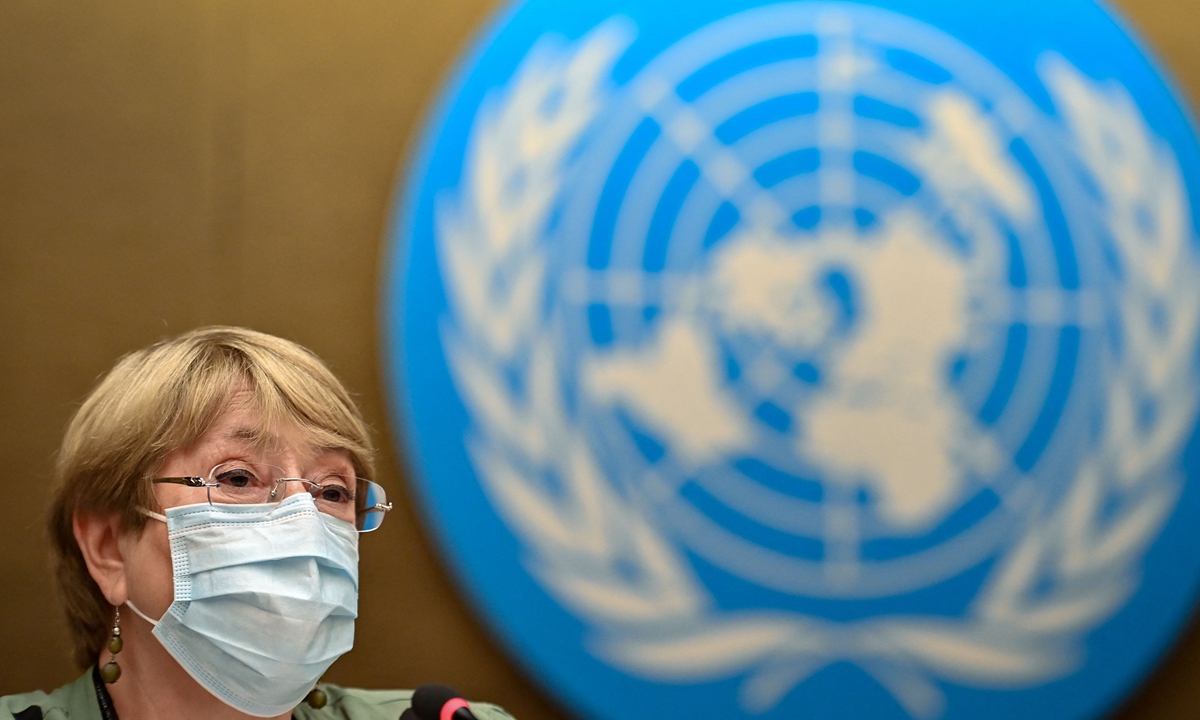
Jeffrey Sachs: Bachelet cites personal reasons for not seeking second term amid US' politicization of human rights body
2022-06-15 -
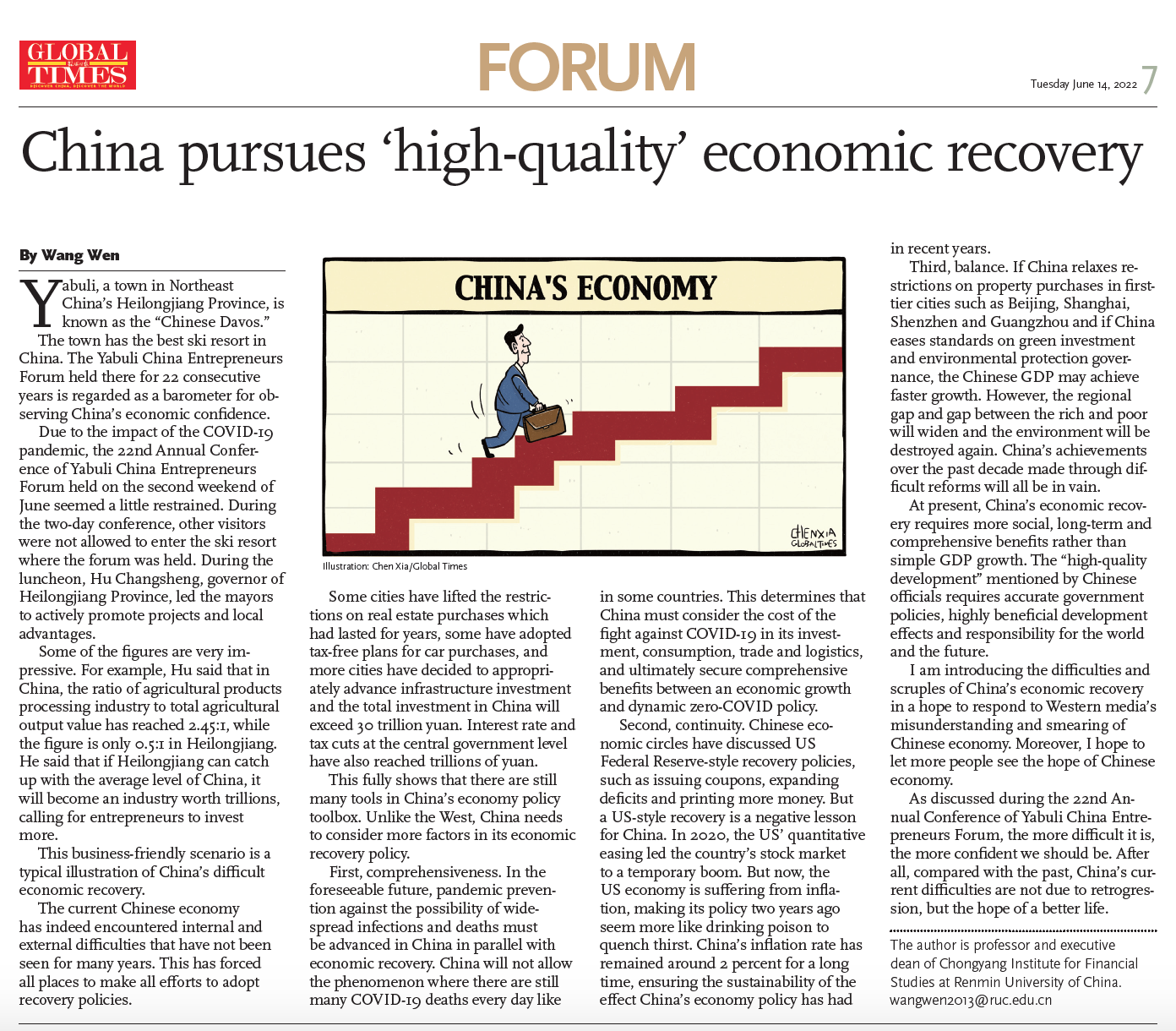
Wang Wen: China pursues ‘high-quality’ economic recovery
2022-06-14 -
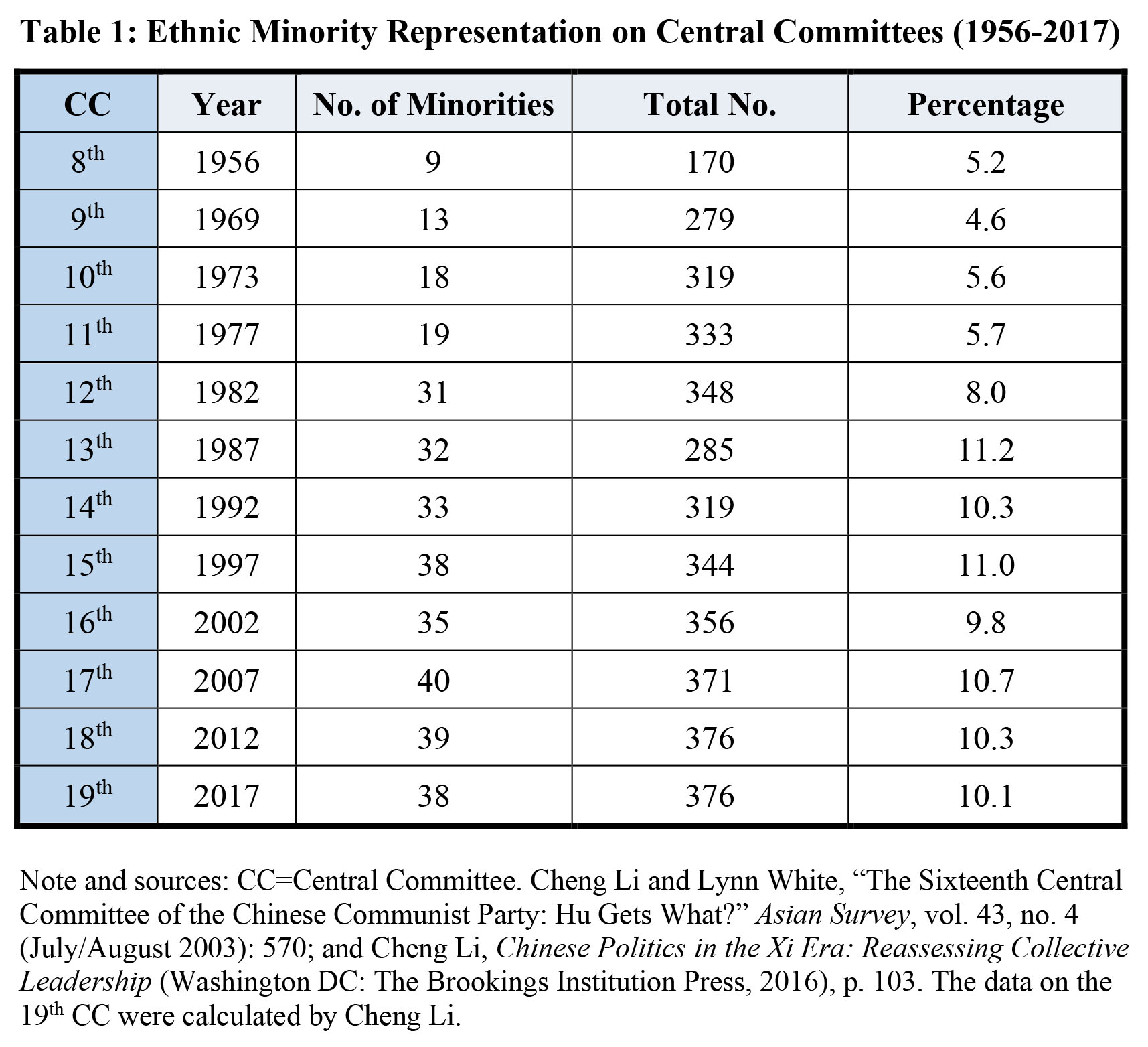
Cheng Li: Periphery: Ethnic Minority Candidates for the 20th Central Committee
2022-06-14 -
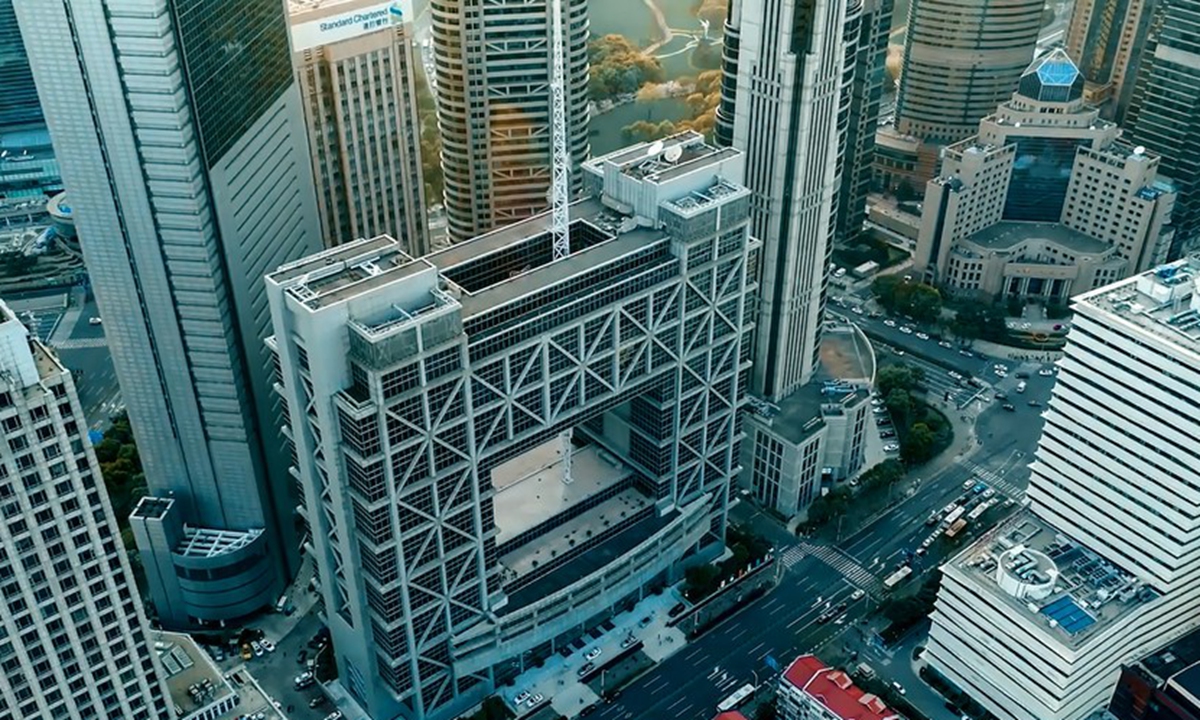
Dong Shaopeng: China launches chip stock index to guide more investment into crucial sector
2022-06-14 -
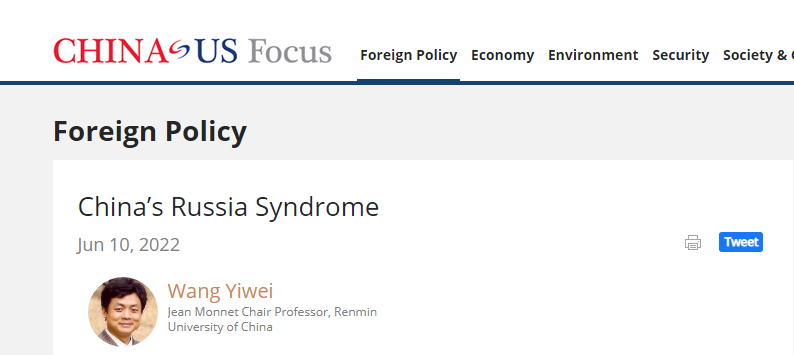
Wang Yiwei: China’s Russia Syndrome
2022-06-13 -

Yaroslav Lissovolik: BRICS+: It’s Back With Scale and Ambition
2022-06-13 -
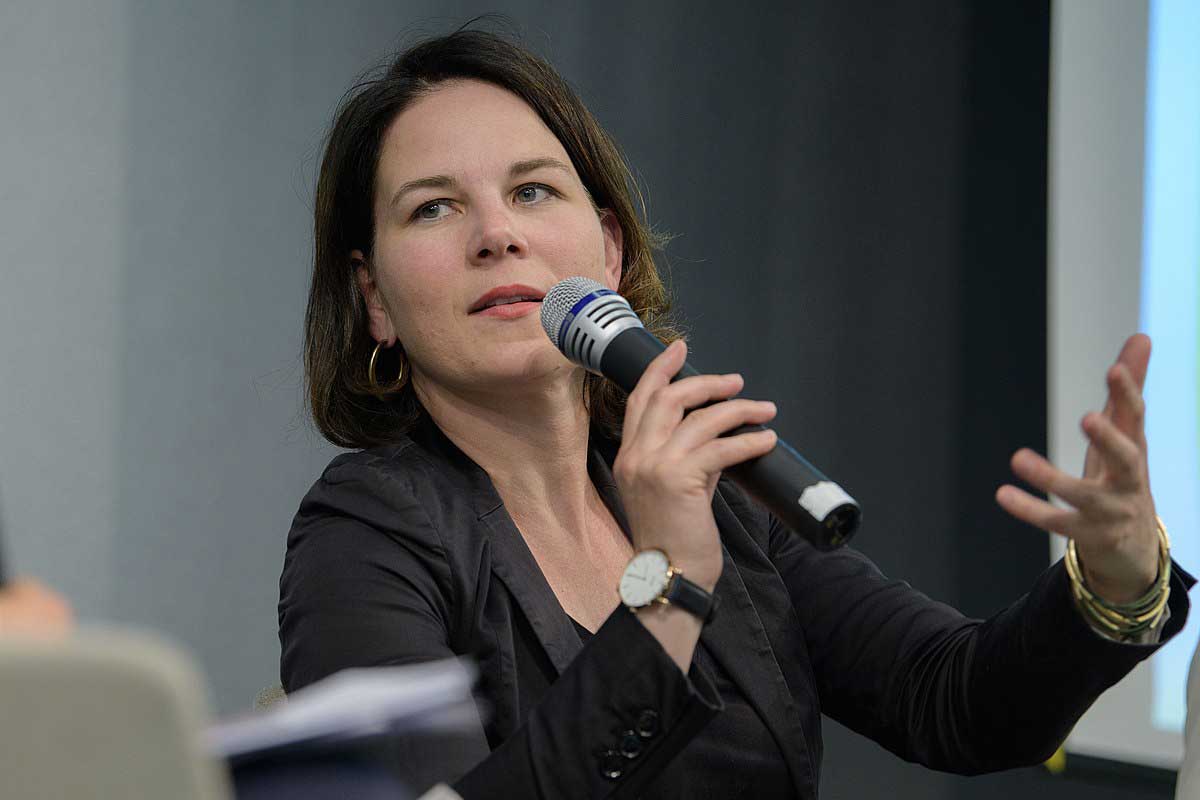
Zamir Ahmed Awan: Fruitful visit of German Foreign Minister to Pakistan
2022-06-13 -

Veriah Jacques: Claiming COVID is just a flu and pretending pandemic is over is a political construct: UK long COVID victim
2022-06-13 -
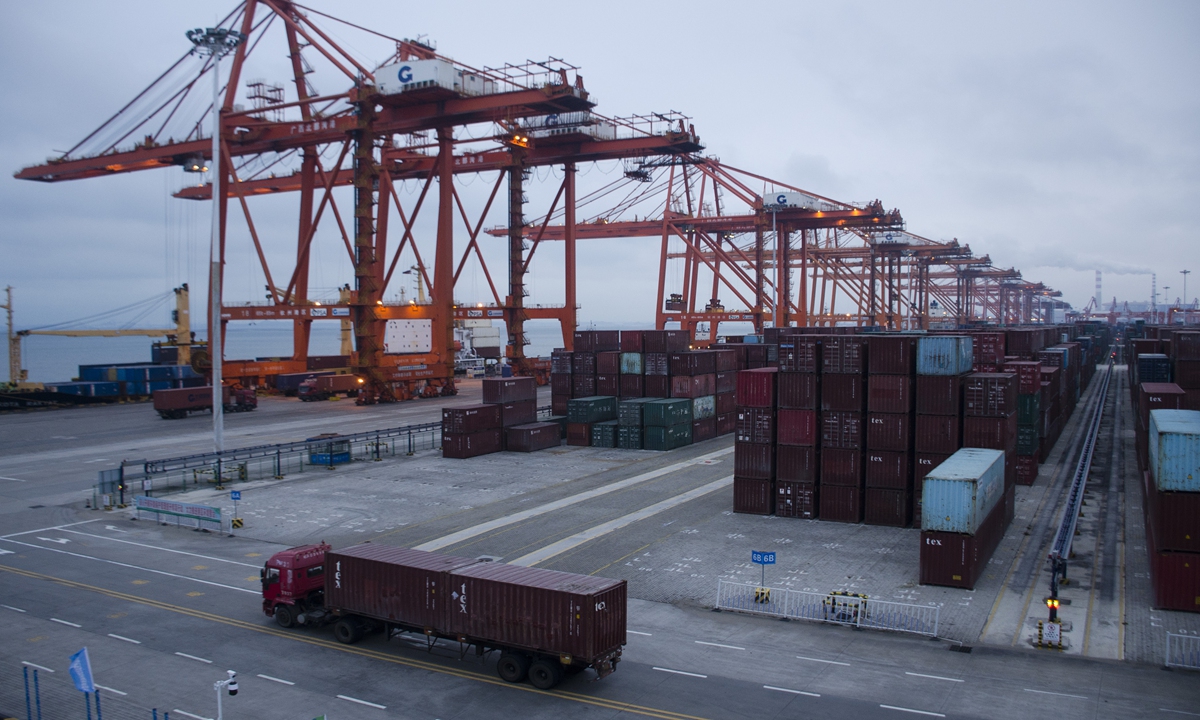
He Weiwen: China's exports to US shrug off COVID, decoupling attempt to grow 12.9% in Jan-May
2022-06-13 -
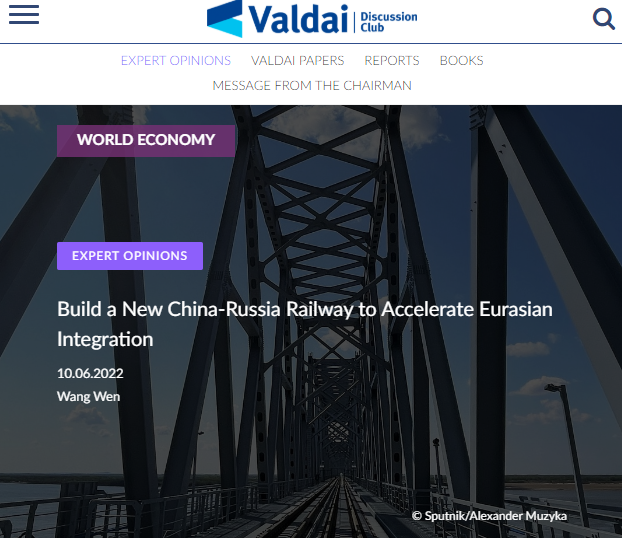
Wang Wen: Build a New China-Russia Railway to Accelerate Eurasian Integration
2022-06-10 -
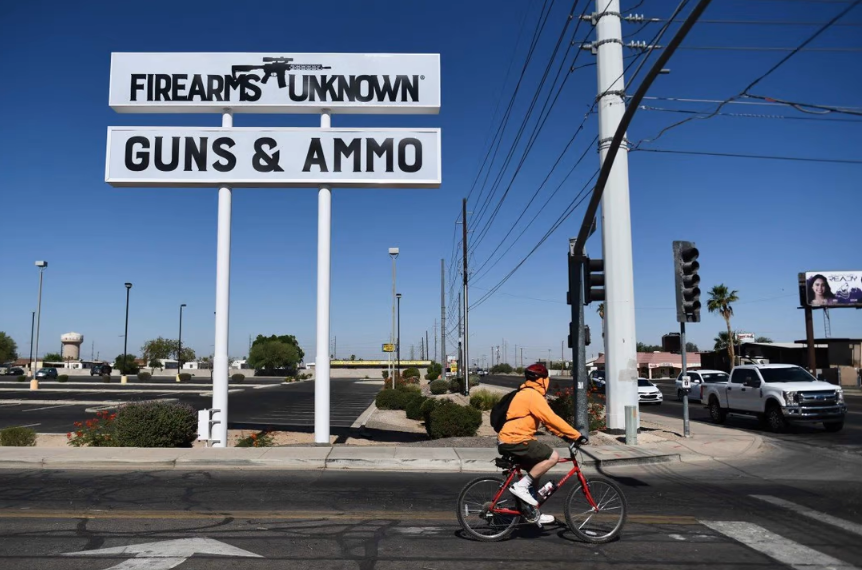
[SCMP]Wang Wen: US is so bent on resisting China’s rise, it has ignored its own decline
2022-06-10 -

Wang Wen: Hypocrisy and malevolence of US policy toward China
2022-06-10 -
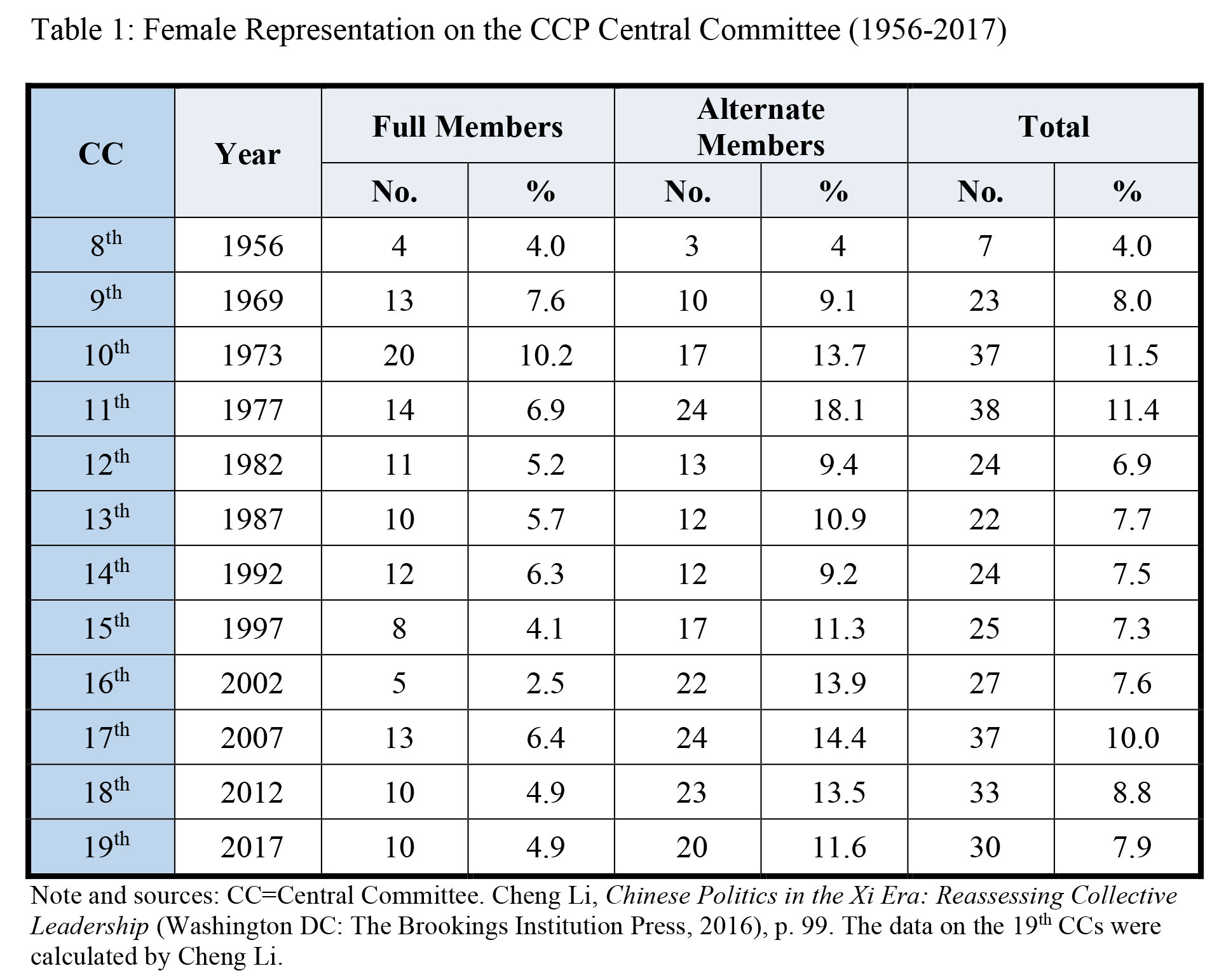
Cheng Li: Female Representation in the Chinese Leadership Prior to the Party Congress
2022-06-10 -
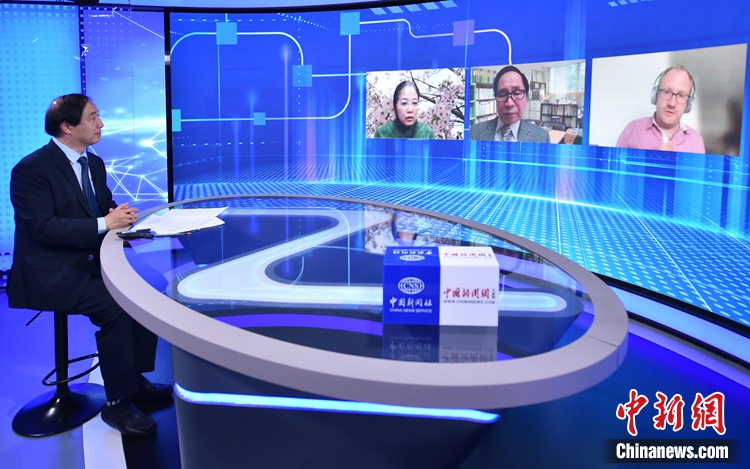
Du Peng: How can China learn from the world in coping with the 'silver wave'?
2022-06-09 -
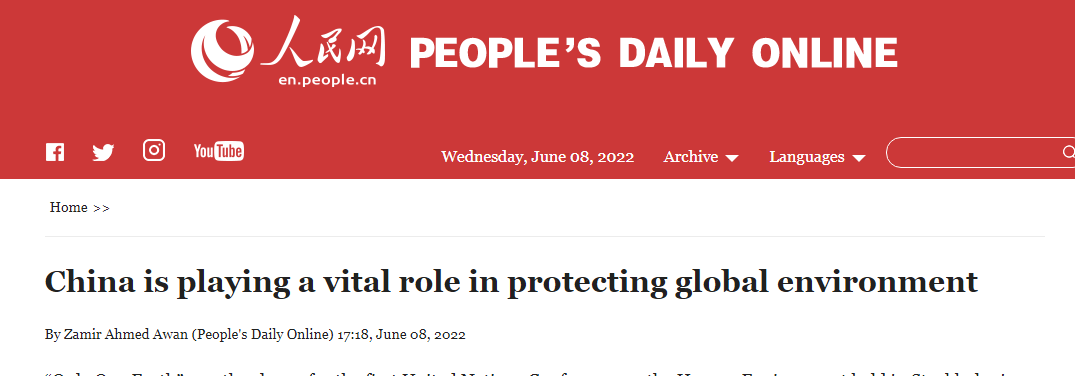
Zamir Ahmed Awan: China is playing a vital role in protecting global environment
2022-06-09 -
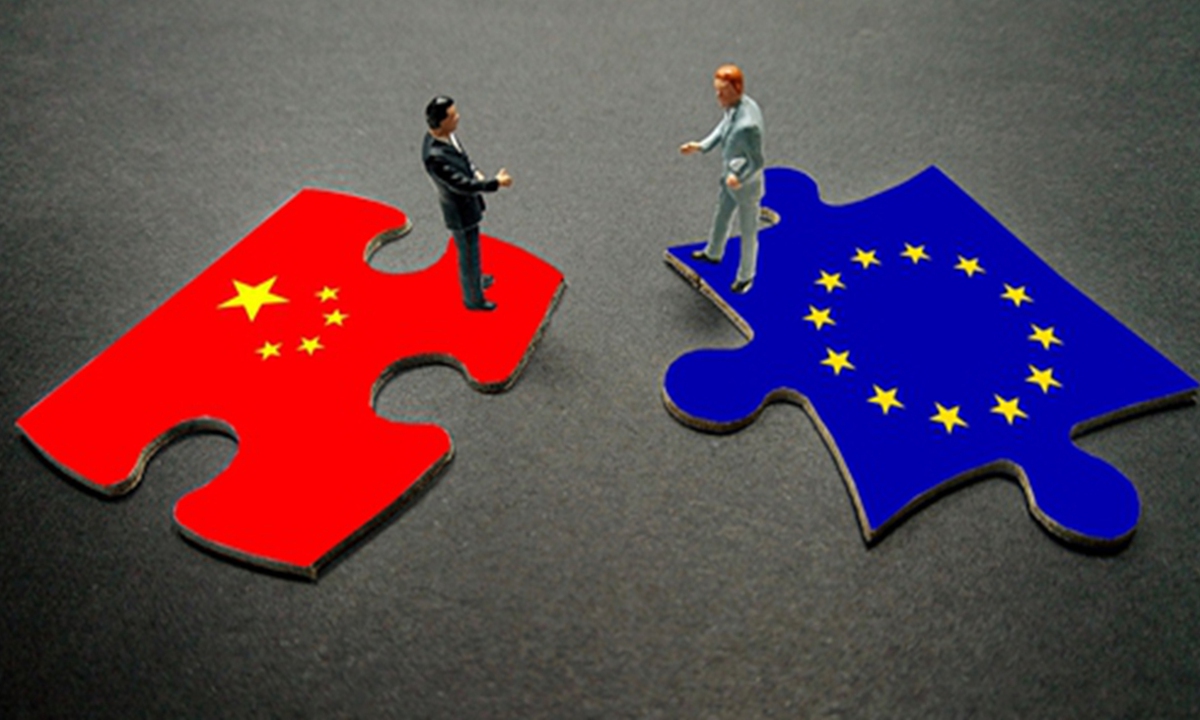
Ding Gang: China-EU economic ties on brink of an ideological confrontation trap
2022-06-09 -
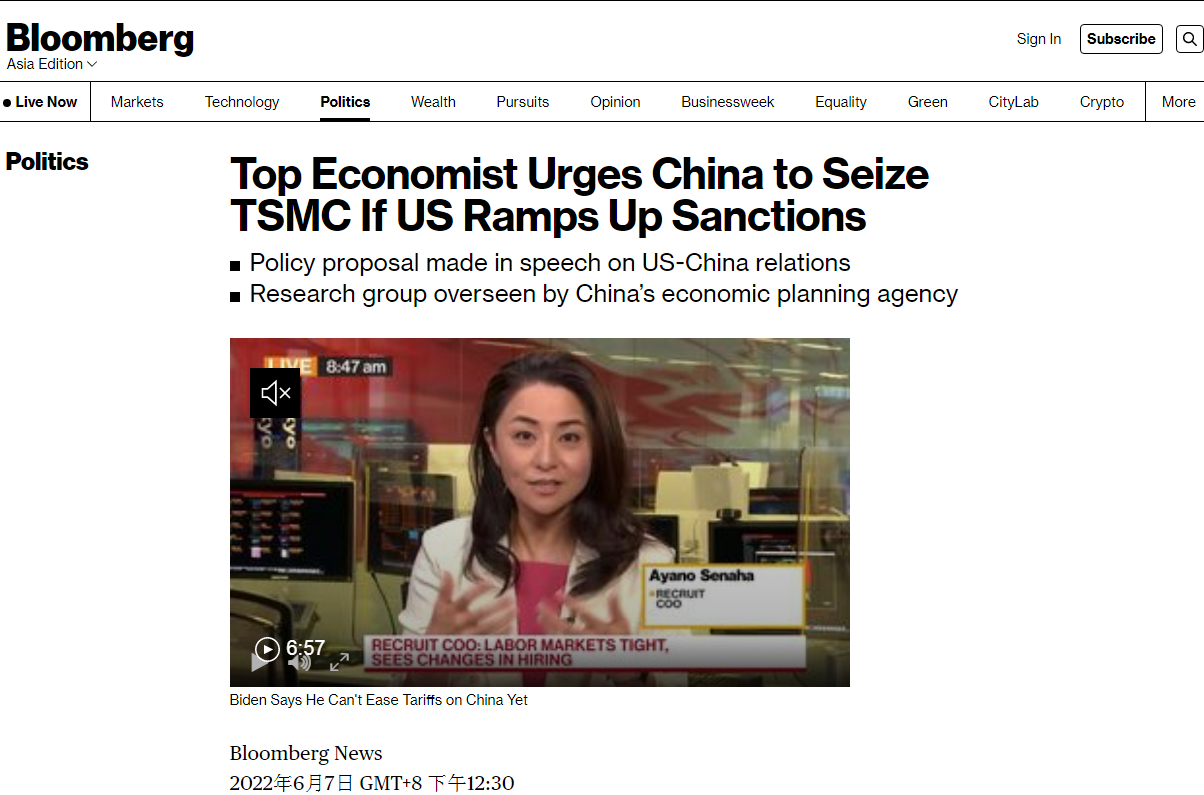
【Bloomberg】Top Economist Urges China to Seize TSMC If US Ramps Up Sanctions
2022-06-08 -
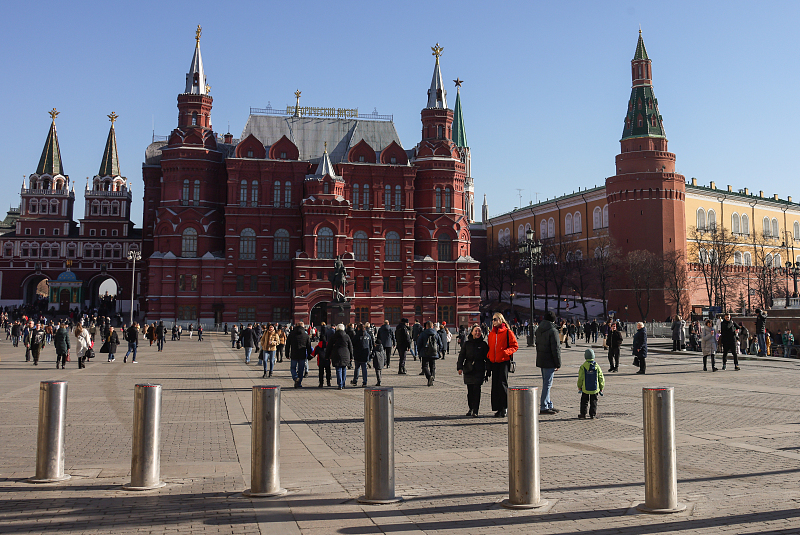
William Jones: U.S. policy of 'technological apartheid' could lead to a new dark age
2022-06-08
(共3588条)
























































































 京公网安备 11010802037854号
京公网安备 11010802037854号





